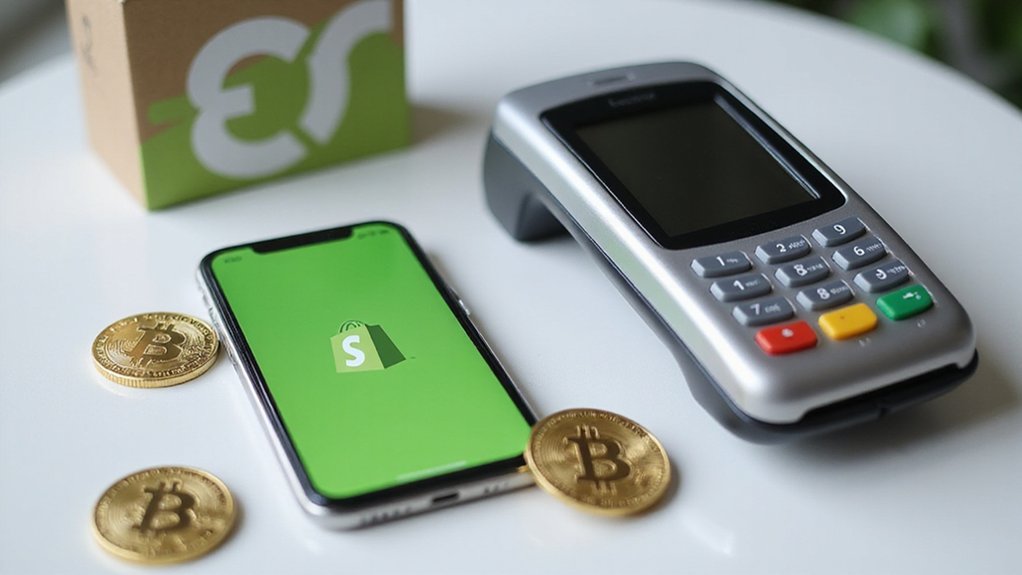While traditional credit card rewards have long centered on the pedestrian promise of cash back or airline miles, the financial services industry has discovered a new carrot to dangle before consumers: cryptocurrency rewards that transform mundane purchases into speculative investments.
The global crypto credit card market’s explosive growth—from $1.53 billion in 2024 to a projected $3.58 billion by 2029—suggests this gambit is working, with an 18.8% compound annual growth rate that would make any traditional banker weep with envy.
The mechanics reveal sophisticated psychological engineering. The Gemini Credit Card dangles 3% back in crypto on dining and 2% on groceries, effectively turning dinner receipts into digital lottery tickets. Meanwhile, Venmo’s optional crypto conversion feature allows users to automate their speculative impulses, transforming cashback into cryptocurrency purchases without transaction fees—a frictionless path from sandwich purchase to potential windfall (or ruin).
This architectural shift fundamentally alters consumer behavior patterns. Spending decisions increasingly gravitate toward categories offering maximum crypto rewards, creating a curious phenomenon where restaurant choices become inadvertent investment strategies.
The automatic conversion features basically gamify dollar-cost averaging, encouraging long-term holding behaviors among users who might never have opened a traditional brokerage account. This volatility stands in stark contrast to stablecoin alternatives that maintain consistent value for everyday transactions, though these typically offer less spectacular potential returns.
Perhaps more intriguingly, these cards exploit the psychological gap between spending and investing. Traditional rewards feel like modest consolations for necessary expenditures, but crypto rewards carry the intoxicating possibility of exponential returns.
A $100 grocery bill yielding $2 in Bitcoin feels markedly different from $2 in cash—one represents mundane compensation, the other a stake in financial revolution. However, this digital lottery ticket comes with a crucial caveat: while crypto rewards typically aren’t taxable when earned, any appreciation in value becomes subject to capital gains tax when sold or used.
The regulatory landscape remains predictably murky, with evolving frameworks struggling to balance innovation against consumer protection concerns. Anti-money laundering compliance and fraud prevention mechanisms must now accommodate blockchain technology’s unique characteristics, creating operational complexities that traditional credit systems never contemplated. Strategic partnerships between crypto firms and payment networks continue to enhance these market dynamics as companies seek competitive advantages.
Yet beneath the technological sophistication lies an ancient truth: consumers respond to incentives that make ordinary transactions feel extraordinary.
Whether transforming grocery runs into cryptocurrency speculation represents financial evolution or elaborate marketing theater remains an open question, though the market’s explosive growth suggests consumers have already cast their votes.









